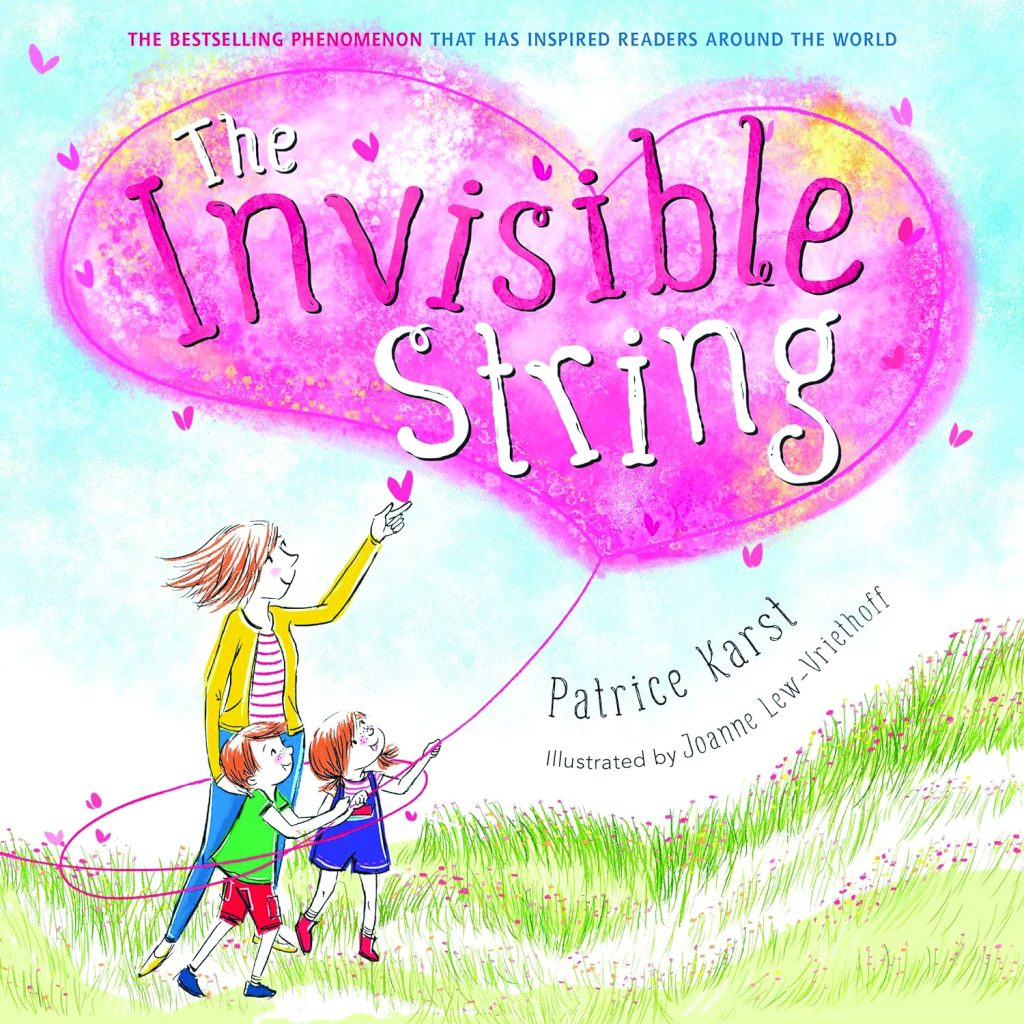Transition Resources for Parents
Talking to Your Child About Change
Change can be hard for anyone, especially children.
Everyone handles change differently, and learning about
changing schools next year will likely mean some questions
from your child. Here are some helpful tips for talking with
your child about change:
1. Listen and acknowledge their feelings about the change.
Ask your child what they think about changing schools and listen to their responses. Whatever their response, listen without interrupting and let them know you understand their feelings. If they struggle to explain it, help them label the feeling as “sad”, “excited”, or another feeling that fits for them. Explain that you will be there to support them with this change and all of the staff at their new school will be there to support them as well.
2. Talk about the positives of the change.
Make a list with your child about the positives of a new school. Keeping a focus on the positives will help outweigh the negatives of the change. Post the positive changes where you and your child can see them and review or add to them when needed. This will help your child adjust and feel less anxious about changing schools.
3. Talk about how to cope with the change.
Help your child build their coping skills by:
- Helping them problem-solve by asking questions like, “who would you go to at school if you are worried about something or someone?” Tell them it’s okay to ask for help. Make a list of who they can ask at their new school for help.
- Being their cheerleader! Tell them they are strong and can do hard things like change schools. Hearing from you that you believe in them will enhance their confidence.
Other Resources:
Supporting Students During Times of Change
Change can be hard for anyone, especially children.
Everyone handles change differently, and learning about
changing schools next year will likely mean some questions
from your child. Here are some helpful tips for talking with
your child about change:
Tips for Parents:
Although it’s sometimes difficult to do this, it will help
reduce the stress and worry that your child might be feeling. You can also use this time
to plan what you might say to your child.
Be sure and remove distractions so that you can be focused and productive.
Only include people in the conversation that need to be there.
If your child is under 5, it’s best to keep things simple and
avoid discussing all the ins and outs of the decision.

The Invisible String
by Patrice Karst

The Koala Who Could
by Rachel Bright

The Complete Book of
First Experiences
by Anne Civardi